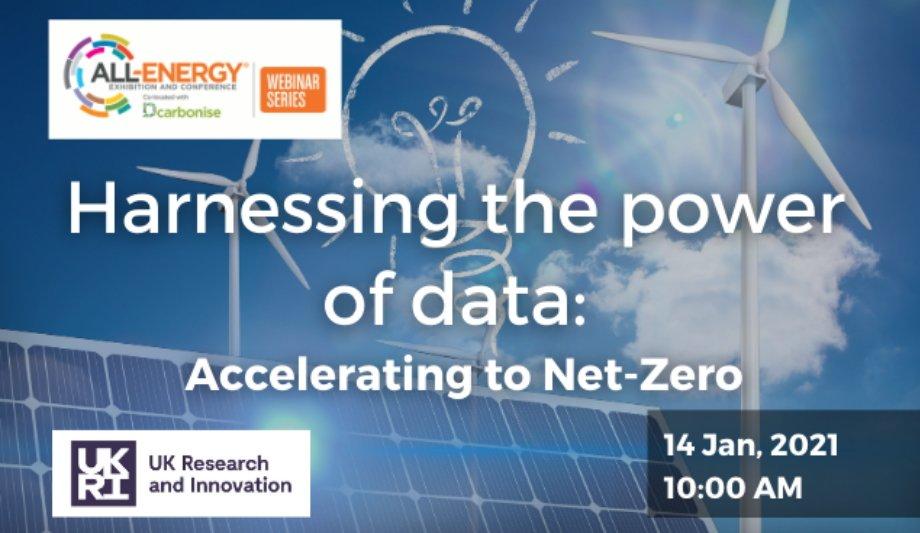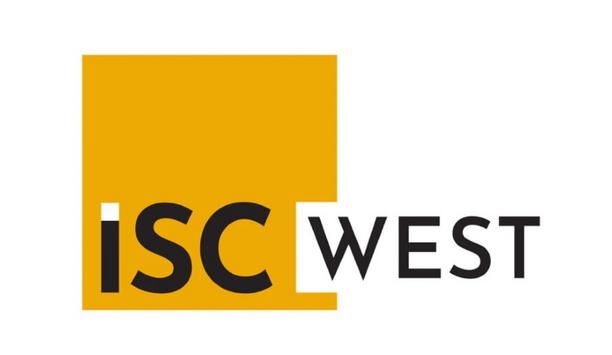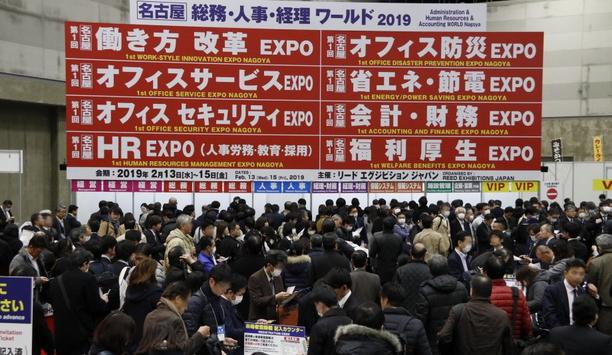Energy is the pulse of day-to-day life, but the drive for net zero will require a massive change in the way one creates and use it.
With new technologies and complex integration needed, it is increasingly clear that there is one important factor in making the future integrated energy systems work: data.
Distributed energy
Already, smart technology is entering our homes, and companies are using big data to respond better to consumer preferences. In the new energy future, distributed energy will clearly play a role.
People are learning that digital technologies can make distributed energy the cheapest and cleanest form of energy.
Local energy systems
UKRI’s Prospering from the Energy Revolution programme is pioneering the data-enabled systems approach to unlock the benefits of smart local energy systems.
These systems improve the efficiency of existing infrastructure, capture value and provide local jobs, helping to distribute prosperity; while society gains clean, cheap energy delivered in ways that suit modern net zero lives, lived locally.
The session brings together the government, the energy disruptors, and the regulators to discuss:
- How could better energy data satisfy both households and industry?
- What policies and regulations are needed to support innovative data-based solutions to provide new services?
- How can one ensure these innovations benefit diverse consumers, and protect everyone against emerging risks?
- What data frameworks are needed to enable local infrastructure investment and innovation at scale and pace in different places?
Chair
Laura Sandys CBE, Non-Executive Director, SGN&Energy System Catapult
Speakers
- Dinker Bhardwaj, Head of Data Policy, Smart Energy, Department for Business, Energy and Industrial Strategy (BEIS)
- Steven Steer, Head of Data, Ofgem
- Rob Saunders, Challenge Director, Prospering from the Energy Revolution, UKRI
- Dr. Jim Scott, Co-founder and Chief Product Officer, Grid Edge
- Valts Grintals, Senior Flexibility Analyst, Kaluza




